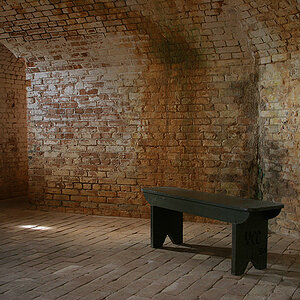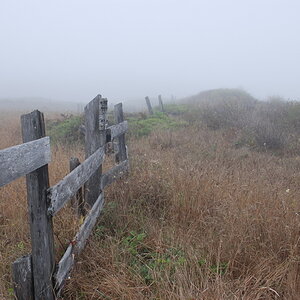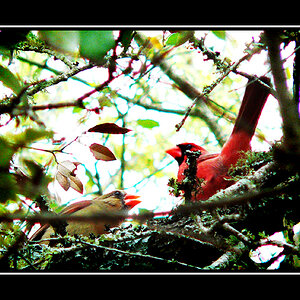photogod88
TPF Noob!
- Joined
- Sep 30, 2012
- Messages
- 50
- Reaction score
- 3
I love the thought that this forum allows me the opportunity to listen. Not to have to pretend I know what I'm talking about or even give advice but just listen. Listen to the diversity if roads traveled by all of us to get to where ever we are in our career or hobby. I wanna open this thread to collect wisdom. And apply it I know the problems I am having with my pictures or growth aren't the first to ever come along. If you have a testimony of how you over came your biggest challenge as a photographer and where it took you in improving I wanna hear feel free to offer resources for where to get education or material on what it is you now know











